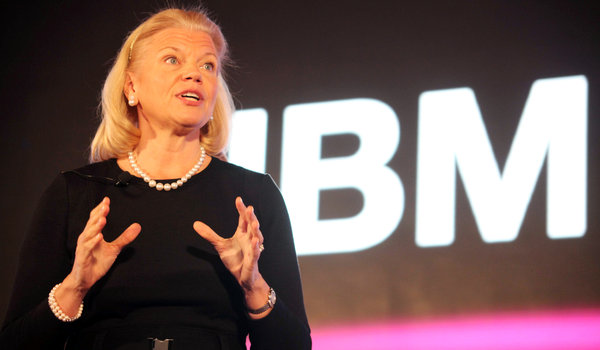by Steve Hamm, Every year IBM predicts the future of technology via the IBM 5 in 5 initiative–our forecast of five innovations that will help transform aspects of modern life, making the planet smarter, within the next five years. We assess not just the availability of a new technology but also the likelihood of its large-scale adoption.
This year’s predictions:
· People power will come to life
· You will never need a password again
· Mind reading is no longer science fiction
· The digital divide will cease to exist
· Junk mail will become priority mail
Click here to vote on the coolest prediction.
Making this kind of prediction is difficult. (In fact, to me, sadly, the one about eliminating the digital divide seems impossible.) So, every year, IBM researchers stick out their necks. Which is risky. “A lot of people wait for things to happen. It’s rare than an organization says: this is a big change, and it’s coming,” says IBM Fellow Bernard Meyerson.
Forecasting Innovation
Technology moves so fast it can be difficult to separate science fiction from fact, much less discern which game-changing breakthroughs are over the horizon. As the IT industry’s leading innovator, IBM has the track record and pedigree to credibly predict the emerging innovations that could change how people work, live and play. This week, IBM revealed the next 5 in 5 — an annual forecast of future technology trends — which The New York Times, Washington Post and other global news outlets quickly endorsed as a collection of important ideas worth watching.
IBM’s Viewpoint:
Here’s a summary of IBM’s 5 in 5 predictions to help you add to the conversation.
— People power will come to life: Advances in renewable energy technology will allow individuals and scientists to collect energy from many common things that move, and use it to help power our homes, workplaces and cities. http://ibm.co/uusi0t
— You will not need a password: Each person’s unique biometric data such as facial definitions, retinal scans and voice files will be combined through software to build a DNA-unique online password. http://ibm.co/vElhJs
— Mind reading is no longer science fiction: Scientists are researching how to link your brain to your devices, such as a computer or a smartphone, so you just need to think about calling someone and it will happen. http://ibm.co/vieXaD
— The digital divide will cease to exist: The gap between information haves and have-nots will narrow considerably due to advances in mobile technology that enable access to essential information and deliver better services such as mobile commerce and remote healthcare. http://ibm.co/v90z8K
— Junk mail will become priority mail: Unsolicited advertisements may soon feel so personalized and relevant that spam will seem dead and gone. Computers will make sense of data and look up new information for individuals without even being asked. http://ibm.co/vArghS




